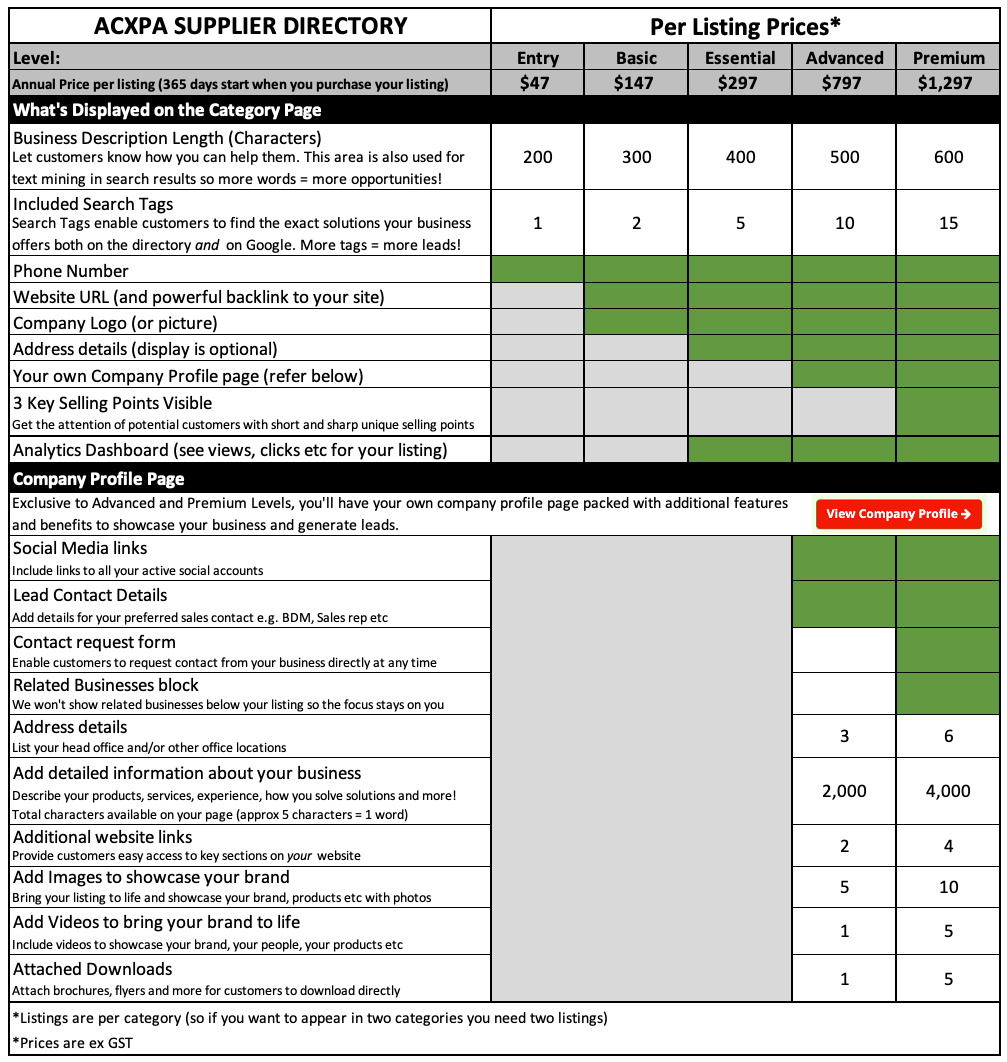Human Translators in Australia
Whilst there are some advantages in using automated translation services thanks to huge progress in machine learning and artificial intelligence for translating and interpreting services, sometimes the old fashioned way using human translators is still the most effective solution.
Benefits of Using Human Translators
For critical translations that are technical, financial, or legal, even the smallest errors can have severe consequences and with automatic translations never 100% accurate, it makes perfect sense to still engage a human translator to verify and revise the output of any automated translation services.
But human translators also provide one other huge benefit - emotion.
Sometimes just interpreting words from one language to another isn't enough.
In a sales or customer service environment, having the translator use empathy, emotion and so on has been well documenting in improving the customer experience.
So just because it's translating from one language to the next doesn't mean it's any less important to apply these skills!
Here are some of the benefits of using human translators for your business:
1. Cultural Understanding and Nuance
- Contextual Accuracy: Human translators can interpret the meaning of words and phrases based on the context, ensuring that the translation accurately conveys the intended message.
- Cultural Sensitivity: They understand cultural nuances, idioms, and local expressions, which allows them to translate content in a way that resonates with the target audience and avoids cultural missteps.
2. Quality and Precision
- Accuracy: Human translators are adept at ensuring high levels of accuracy, particularly in complex or specialised content such as legal, medical, or technical documents where precision is critical.
- Consistency in Terminology: They maintain consistency in terminology, especially in specialised fields, ensuring that the translated content aligns with industry standards and expectations.
3. Creativity and Adaptation
- Creative Translations: Unlike automated tools, human translators can creatively adapt content to fit the cultural and linguistic style of the target audience. This is especially important for marketing materials, literature, and branding.
- Idiomatic Language: They can effectively translate idiomatic expressions, metaphors, and humour, which are often lost or misinterpreted in automated translations.
4. Handling Complex and Sensitive Content
- Emotional Tone: Human translators can accurately convey the emotional tone of the original content, ensuring that the translated material has the desired impact on the audience.
- Sensitive Material: They are better equipped to handle sensitive or confidential content, making careful judgments about how best to translate delicate information.
5. Flexibility and Customisation
- Tailored Translations: Human translators can tailor translations to specific audiences, purposes, or industries, ensuring that the final product meets the unique needs of the client.
- Feedback and Revision: They can incorporate client feedback and make revisions to the translation, ensuring that the final version fully meets expectations.
6. Expertise in Specific Fields
- Specialised Knowledge: Many human translators have expertise in particular fields, such as legal, medical, technical, or financial translation, which enables them to understand and accurately translate specialised terminology and concepts.
- Research Skills: They can research terms, phrases, and concepts to provide the most accurate and contextually appropriate translation, something automated tools cannot do.
7. Handling Non-Literal Translations
- Non-Literal Language: Human translators can effectively manage non-literal translations, where a direct word-for-word translation would not make sense or convey the wrong meaning.
- Adapting Content: They can adapt content to suit the target audience’s cultural and linguistic preferences, ensuring that the message is both clear and impactful.
8. Legal and Ethical Considerations
- Confidentiality: Human translators often operate under strict confidentiality agreements, ensuring that sensitive information is kept secure.
- Ethical Translation: They adhere to ethical standards in translation, avoiding bias or distortion of the original content.
9. Long-Term Relationship and Consistency
- Consistency Over Time: Building a relationship with a human translator or translation agency ensures long-term consistency in tone, style, and terminology across different projects.
- Understanding Brand Voice: A human translator can become familiar with your brand’s voice and style, ensuring that all translations are consistent with your brand identity.
10. Problem-Solving and Critical Thinking
- Handling Ambiguity: Human translators can navigate ambiguous language, making informed decisions about how to best translate complex or unclear passages.
- Critical Thinking: They apply critical thinking to ensure that translations make sense and are appropriate for the target audience, something that automated tools may struggle with.
Human translators provide unparalleled accuracy, cultural understanding, and the ability to handle complex and sensitive content.
They offer customised, nuanced translations that resonate with the target audience, making them invaluable for projects where quality and precision are paramount.
While automated translation tools have their place for speed and cost-effectiveness, human translators are essential for producing high-quality translations that truly capture the essence of the original content.
Search Human Translators for Australian Businesses
Reach out to the suppliers below or use the search filter to display suppliers of other business translation solutions.
